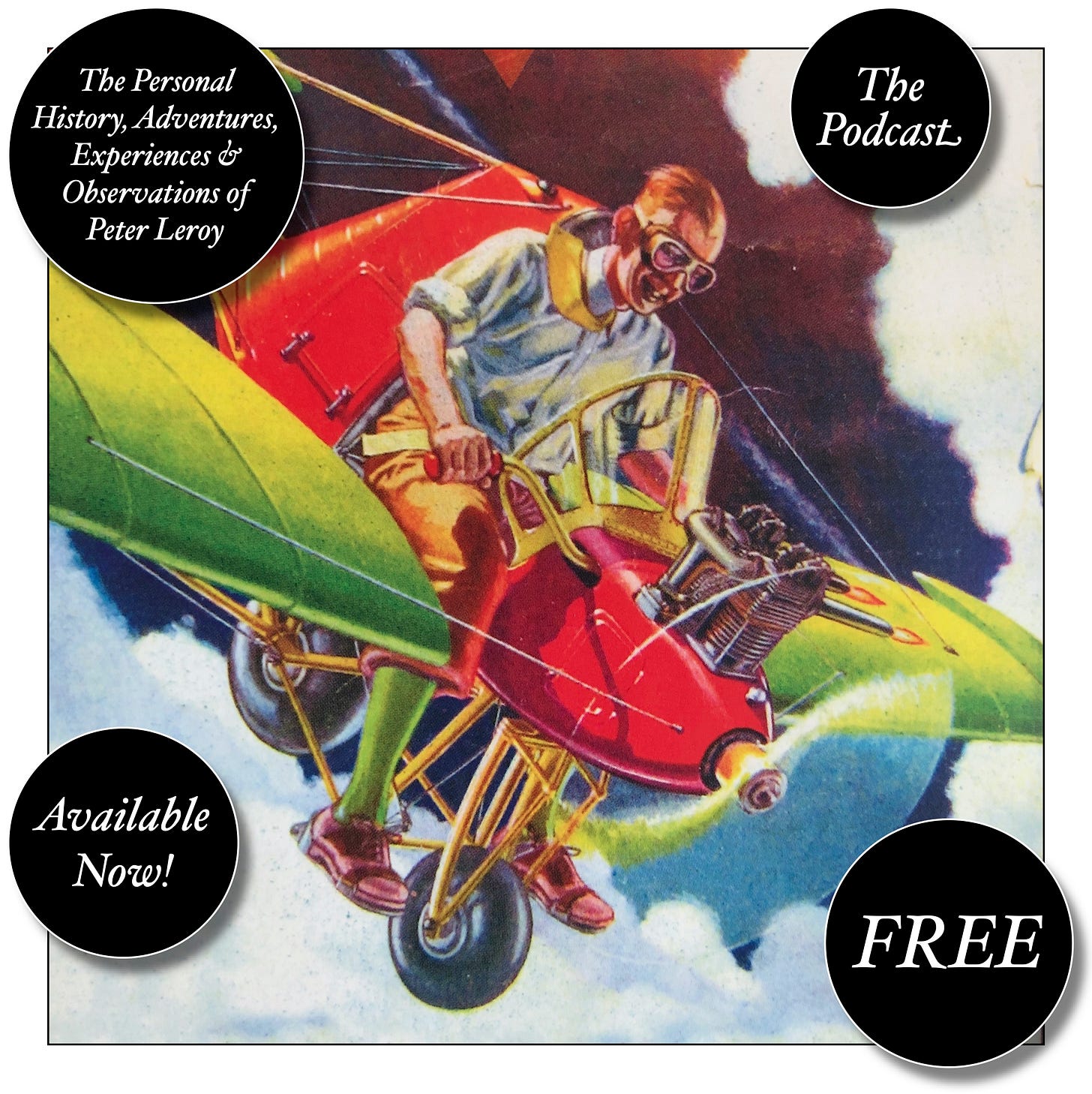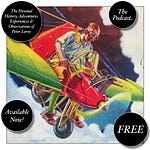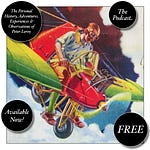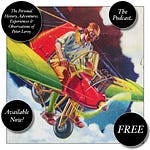Chapter 4
In Which Herb Is Recruited for the Coarse-Goods Trade
HERB’S FATHER, Lester, was the least successful Piper of his generation, though he had the most talent, the best ideas, and the greatest ambition. As a young man, he experienced one short period of relative prosperity, when he not only had no debts but had some real prospects for a comfortable future. At the time, he represented a Portuguese cork company in and around Boston, selling cork on commission. He was, then, bright-eyed and eager, bursting with ideas and high spirits. He wooed and won Millie McDougal, sweeping the girl off her feet with his obvious affection for her, his stream of hopes and dreams and plans and schemes, and his genuine desire for a quiet, settled middle age lived soberly at the center of a happy family. When Lester and Millie were married, there wasn’t a person at the wedding who didn’t sigh at the warmth and pleasantness of it all and beam at the brightness of their future.
However, Lester Piper’s dreams and ideas, his ambition and impatience, and the Piper talent for doing the foolish Piper thing proved his undoing.
Almost from the start of his work for the cork company, he had reasoned that if there were more uses for cork, he could sell more of it and make more money. He had sold himself on the idea that his future was in cork, that everything depended on his expanding the market for it, and that a slip in his first attempt would send him on an accelerating downward path. He had undertaken a careful and deliberate examination of his surroundings, looking for everyday objects that might be made of cork, but nothing struck him as quite the right thing on which to stake his future. He bided his time, hopeful that the right idea would present itself.
After Lester and Millie were married, they moved into two rented rooms above a bakery. Up the narrow stairs they carried their belongings, their gifts, and some furniture that had been given to them by Millie’s family and Lester’s. Among the pieces of furniture was an enormous heirloom bed, made entirely of oak. The bed was plain and solid, painfully heavy even when disassembled. At the end of the moving day, Lester sank into an overstuffed chair; he had wobbly legs, an aching back, and what he thought was a good idea: cork furniture. It would be sturdy but light, easy to move, easy to rearrange. Over the course of the next three years, he allowed himself, in the Piper manner, to become cozened by his own idea. He invested every penny he could scrape together, every penny he could borrow, every moment he could steal, in establishing a company to manufacture a complete line of cork furniture, including sofas and armchairs, dining room tables and chairs, armoires and highboys, and, of course, beds. Millie was by nature a cautious young woman, with a skepticism that might have saved them from ruin, but Lester was so good a salesman that he sold his young wife on the soundness of his plans, with the result that, when Piper’s Patented Featherweight Furniture failed, Millie’s parents, a sister, and a cousin were ruined along with Lester Piper and his little family, which by then included a son, Herb.
Lester Piper watched his dreams fall apart, and when the last possibility of success was gone, when everything had been taken away from him, when the auctioneer’s gavel fell for the final time, Lester went home with Millie and Herb to his brother Benjamin’s apartment, where they were now forced to live, and sank onto a cork armchair in a corner of the front room. He spent most of his time slumped in that chair, brooding on his past mistakes. He did, of course, get up to eat and sleep and so on, but his attitude even when out of the chair was forevermore that of a man slumped in a chair, brooding on his past mistakes, and he wore exactly the same hangdog look when he was out of the chair as he did when he was in it. Millie tried to rally him, tried to get him to get up and try again, to get another selling job, but it was no use. Lester had decided that he was a defeated man, and so he was.
Millie went to work as a seamstress, assisting a tailor in a men’s clothing shop, making repairs and doing small, repetitive jobs: sewing on buttons, letting out the seats of pants, and the like. Herb began working when he was eight. His first job was ripping seams out of pants that his mother brought home from the shop, so that she could work more quickly. By the time he was fourteen, he had found several other ways to make money. He had a secondhand wagon, a Studebaker Junior, a toy that was modeled after the most popular Studebaker farm wagon. Every morning, he loaded the wagon with newspapers, muffins, fruit tarts, and rolls, which he sold from a street corner before going to school. Every evening, at the same street corner, he sold newspapers and meat pies, a type of meat pie that the boys who sold them called, among themselves, “rat pie.” On his way home, he visited every neighbor, looking for mending his mother could do or broken household gadgets that he could fix.
In Topical Guide 260, Mark Dorset considers Work: Child Labor and Toys: Wagonsfrom this episode.
Have you missed an episode or two or several?
You can begin reading at the beginning or you can catch up by visiting the archive or consulting the index to the Topical Guide.
You can listen to the episodes on the Personal History podcast. Begin at the beginning or scroll through the episodes to find what you’ve missed.
You can ensure that you never miss a future issue by getting a free subscription. (You can help support the work by choosing a paid subscription instead.)
At Apple Books you can download free eBooks of “My Mother Takes a Tumble,” “Do Clams Bite?,” “Life on the Bolotomy,” “The Static of the Spheres,” “The Fox and the Clam,” “The Girl with the White Fur Muff,” “Take the Long Way Home,” “Call Me Larry,” and “The Young Tars,” the nine novellas in Little Follies, and Little Follies itself, which will give you all the novellas in one handy package.
You’ll find an overview of the entire work in An Introduction to The Personal History, Adventures, Experiences & Observations of Peter Leroy. It’s a pdf document.














Share this post